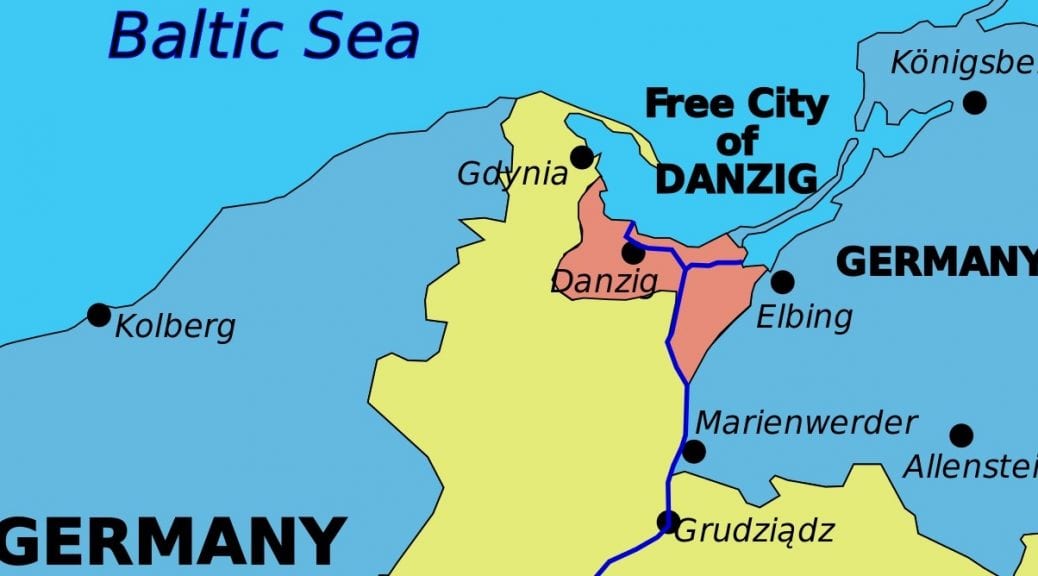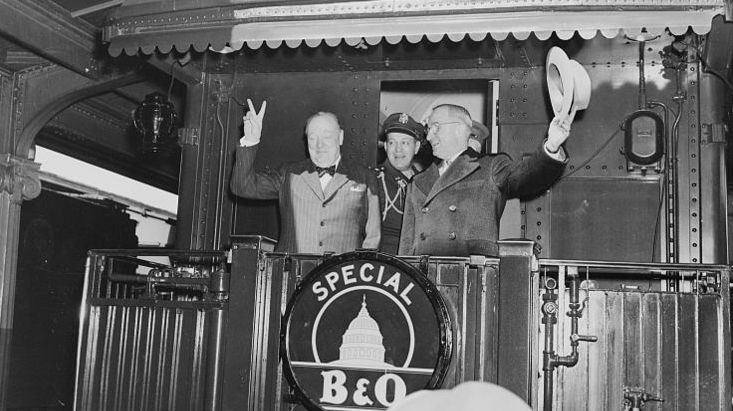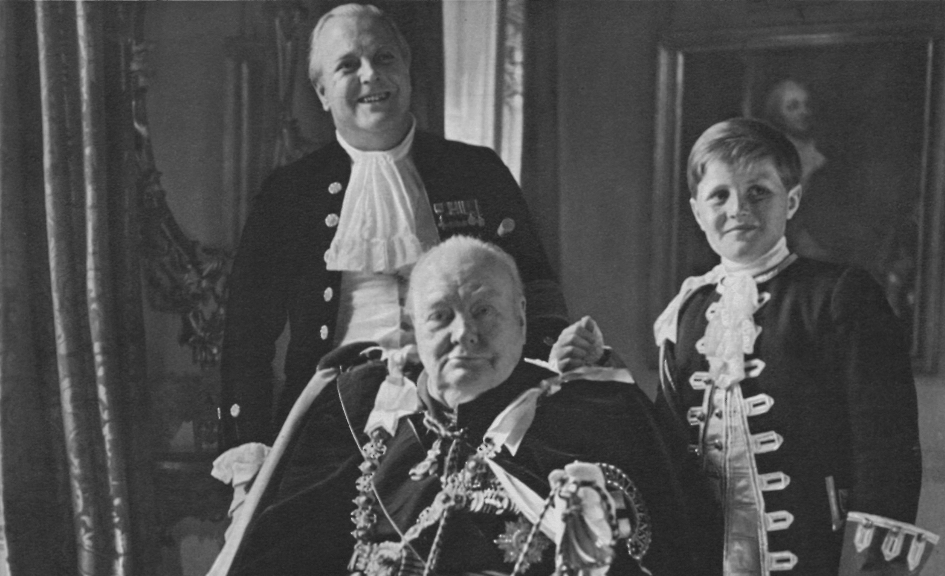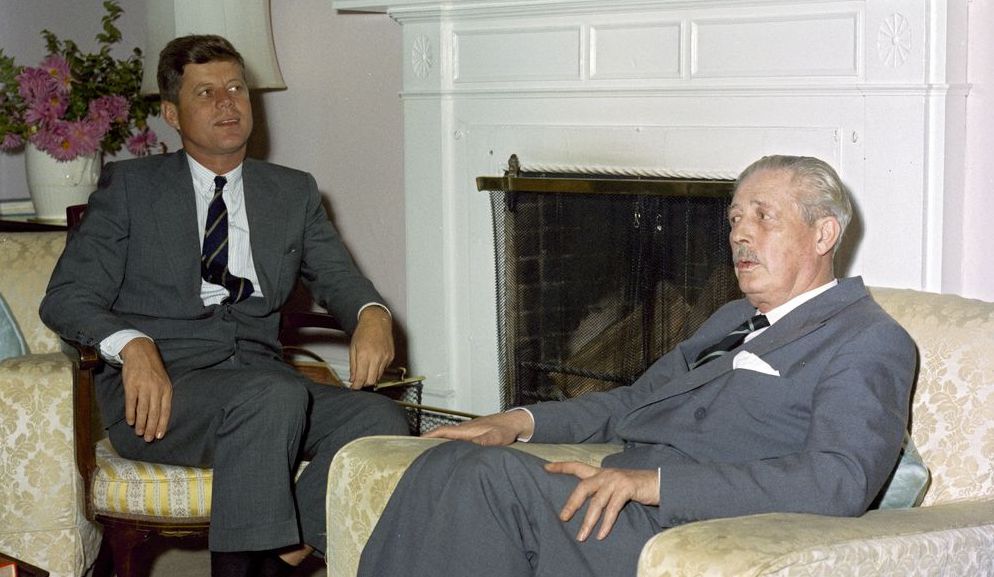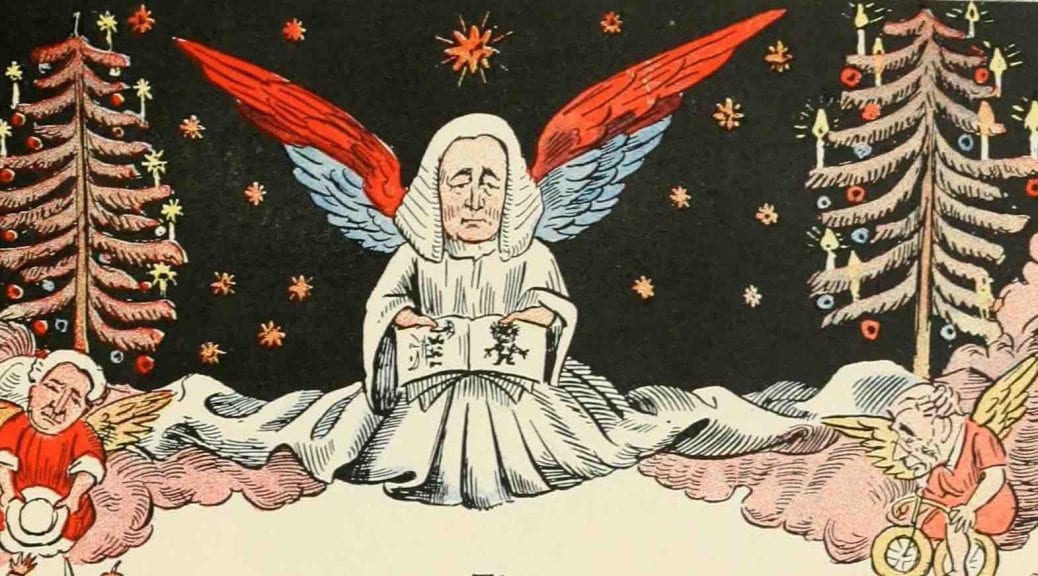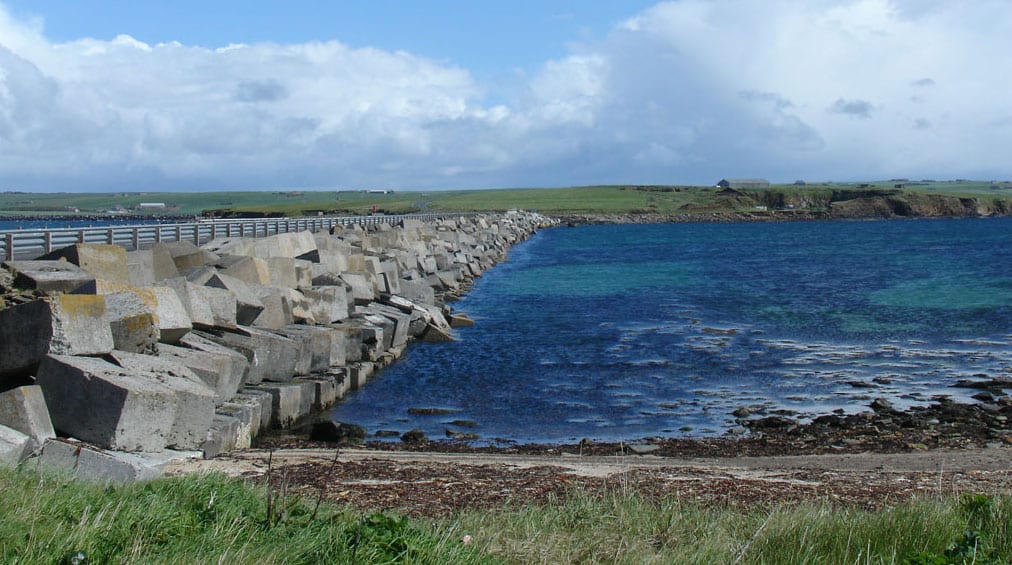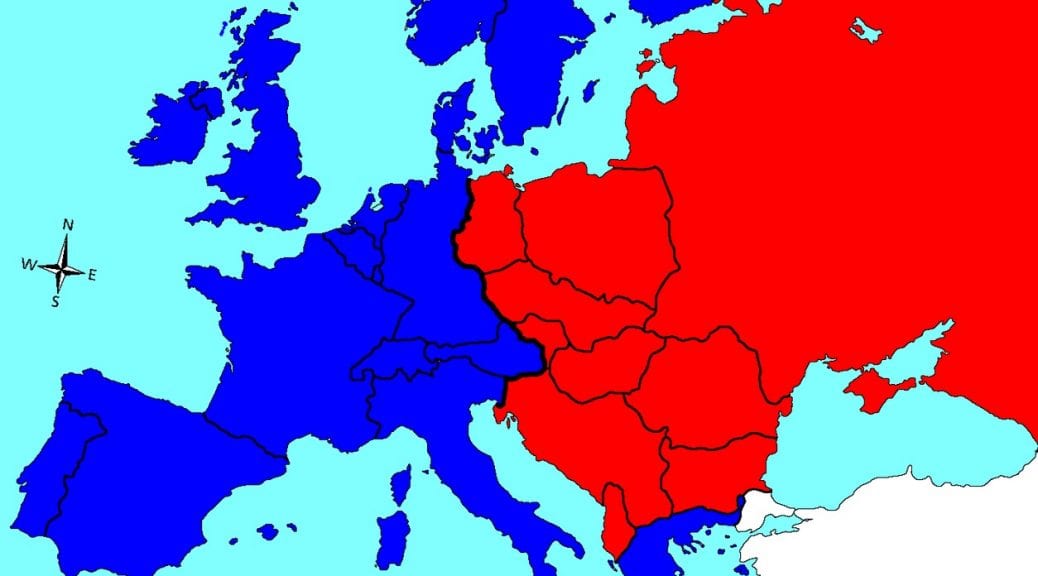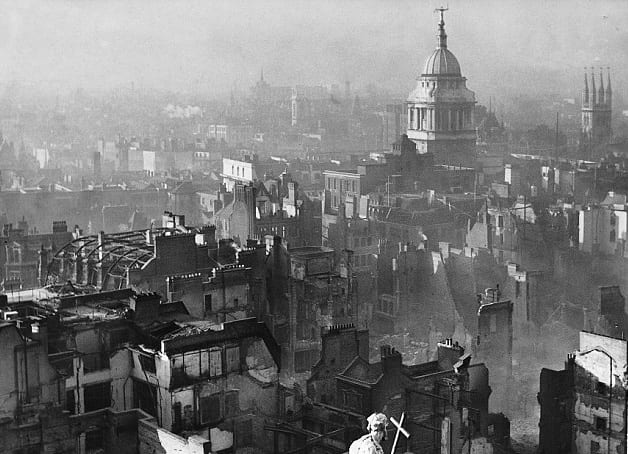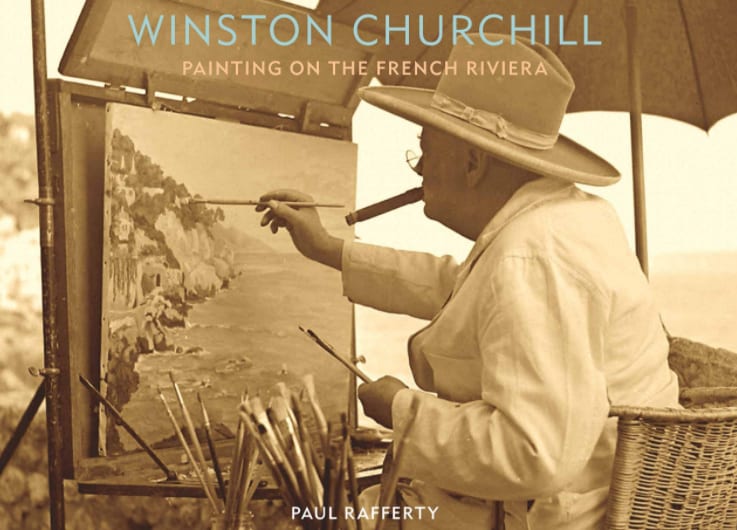
German Resistance: “Driven by the Restlessness of their Conscience”
A German parliamentary journal quotes Churchill on the German resistance to Hitler: “These men and women fought without help from within or without, driven only by the restlessness of their conscience. As long as they lived they were invisible and unrecognizable to us. In their death, the resistance became visible. Their deeds and sacrifices are the foundation of the reconstruction.” (Hans-Adolf Jacobsen, Germans Against Hitler, 3rd ed., Berto-Verlag, Bonn, 1960; Barry Sullivan, Thresholds of Peace, 1979). I cannot find the original document and somewhat doubt its authenticity. …
